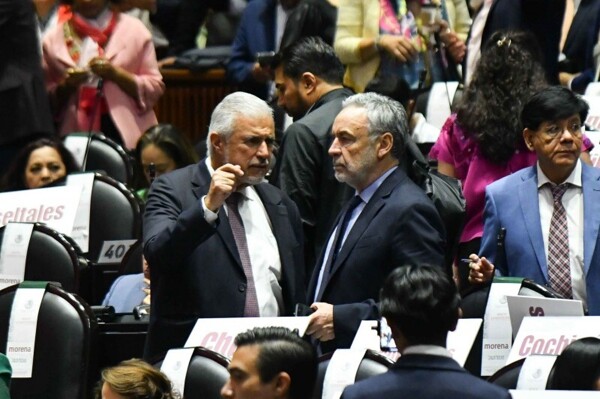
Since the elections, it has become clear to many that only one political group believes it has the exclusive right to participate in the contest for power, establish norms, and express opinions. In the old regime, the presence of those less threatening was tolerated, a subsequent more aggressive group was co-opted, and only the rest were confronted. Although these latter were obstructed, they were rarely allowed to win an election, even if local, without resorting to violence.
In contrast, the story with entrepreneurs who did not wish to submit to the PRI was different: they were left alone, but without great opportunities for growth. Workers and peasants were integrated from the start, and dissent always received offers before repression. However, with current actors, daily verbal attacks, labor aggression, and a clear intention to crush them are observed, in a hegemonic attempt that reveals the impossibility of controlling a diverse society.
Unlike the old regime of the Revolution, the current administration seems to lack the will to establish a balance of power, opting to accumulate as much power as possible and weaken the institutions that sustain it. Although they control a large part of the government institutions, the lack of coherent political practices and the absence of a space for peaceful dissent could distance the popular support they desperately need.
In a dynamic of power construction at the expense of diversity of opinions and the autonomy of the powers that regulate it, there is a risk of quickly and decisively losing citizen backing. It is not possible to govern effectively without allowing and respecting divergent positions, as open and frank opposition nurtures public discussion, alleviates tensions, and improves political stability. The current hegemonic attempt, devoid of openness and dialogue, is at risk of running out of popular support, which could eventually lead to the failure of its political project.













